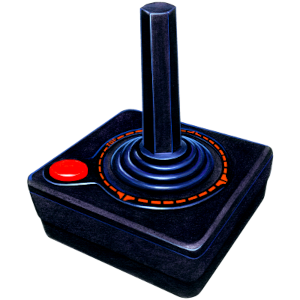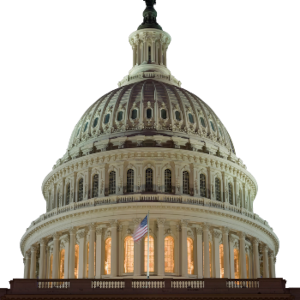by SEYMOUR M. HERSH
Why did the Administration endorse a forgery about Iraq.s nuclear program?
Last September 24th, as Congress prepared to vote on the resolution authorizing President George W. Bush to wage war in Iraq, a group of senior intelligence officials, including George Tenet, the Director of Central Intelligence, briefed the Senate Foreign Relations Committee on Iraq.s weapons capability. It was an important presentation for the Bush Administration. Some Democrats were publicly questioning the President.s claim that Iraq still possessed weapons of mass destruction which posed an immediate threat to the United States. Just the day before, former Vice-President Al Gore had sharply criticized the Administration.s advocacy of pre�mptive war, calling it a doctrine that would replace .a world in which states consider themselves subject to law. with .the notion that there is no law but the discretion of the President of the United States.. A few Democrats were also considering putting an alternative resolution before Congress.
According to two of those present at the briefing, which was highly classified and took place in the committee.s secure hearing room, Tenet declared, as he had done before, that a shipment of high-strength aluminum tubes that was intercepted on its way to Iraq had been meant for the construction of centrifuges that could be used to produce enriched uranium. The suitability of the tubes for that purpose had been disputed, but this time the argument that Iraq had a nuclear program under way was buttressed by a new and striking fact: the C.I.A. had recently received intelligence showing that, between 1999 and 2001, Iraq had attempted to buy five hundred tons of uranium oxide from Niger, one of the world.s largest producers. The uranium, known as .yellow cake,. can be used to make fuel for nuclear reactors; if processed differently, it can also be enriched to make weapons. Five tons can produce enough weapon-grade uranium for a bomb. (When the C.I.A. spokesman William Harlow was asked for comment, he denied that Tenet had briefed the senators on Niger.)



![[devil_cheat.jpg]](http://www.zuckervati.com/archives/images/devil_cheat.jpg)


![[onion_statshot_3911.jpg]](http://www.zuckervati.com/archives/images/onion_statshot_3911.jpg)

![[leglamp.gif]](http://www.zuckervati.com/archives/images/leglamp.gif)